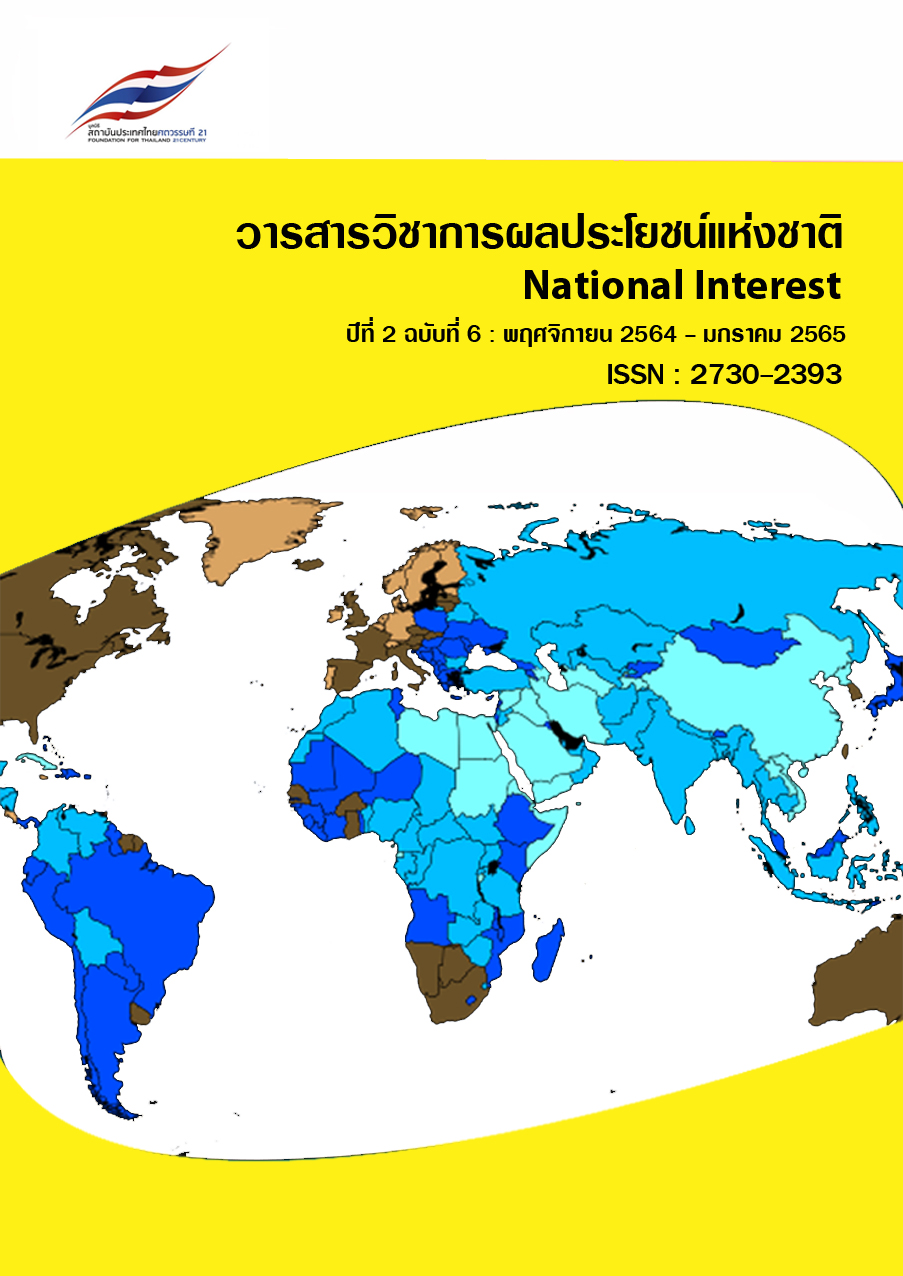Archetypes of individual and collective in the model of the universal social cycle
Main Article Content
Abstract
The article deals with the peculiarities of the interaction of archetypes of individual and collective in the context of the model of the universal social cycle and the history of the development of corresponding concepts. Modern sociological theories are the attempts to find answers to challenges of the ongoing modernization process. Controversial approaches in most sociological theories seem to be methodological individualism or methodological holism. Accordingly, the modern space is marked by the dominance of the “instrumental mind”. With the onset of the Early Modern, a rigid (revolutionary) opposition to traditional social institutions and values arises. For the developed Modern the ideals of stability and security of both the individual and the collective, are inherent. Instead, the late Modern (or Postmodern) reinforces the controversy in individual and collective relations, stimulates social disintegration, blurring of individual and collective identities. The open question remains the nonlinear, cyclic approach to the highlighting of the interaction of archetypes of individual and collective. For every person living in the society in one way or another is connected with the information-energy interaction between society and the individual, between “WE” and “US”. Postmodernity also actualizes the other side of social life of man, society and civilization, which is a cyclical psychosocial process. Each of the stages of this process reveals, as evidenced by the research of the Ukrainian school of archetype, national peculiarities of social systems, and typical for one or another historical epoch psychosocial characteristics, and socio-historical development appears interaction of mental and social structures.
Article Details

This work is licensed under a Creative Commons Attribution-NonCommercial-NoDerivatives 4.0 International License.
National Interest Academic Journal under Creative Commons Attribution-NonCommercial-NoDerivatives 4.0 International License The journal allows access or distribution of academic work without charge or registration. To support the exchange of knowledge Scope covers academic work in geopolitics. Geoeconomics and Innovation
Users can share, copy and distribute all information published in National Interest Academic Journal in any form or medium subject to the following conditions:
Citation — Permission to use, reproduce, distribute, or modify the work. But credit must be given to the owner of the work. If the work is used without credit, the name of the owner of the work will be Must obtain permission from the owner of the work first.
Noncommercial — The work may be used, reproduced, distributed, or modified. However, the work or article may not be used for commercial purposes.
Cannot be modified — The work may be used, reproduced, and distributed. But do not modify the work. unless permission is received from the owner of the work first
References
J. Hillman, The force of character: and the lasting life. New York: Random House, 1999.
E. Husserl, The Reader in the History of Philosophy. Kyiv: Dovira, 1993, pp. 137–138. [In
Ukrainian].
I. Wallerstein, The modern World-System. New York: Academic Press, 1976.
R. Hartmut, D.Strecker, A Kottmann, Soziologische Theorien. Konstanz, 2007. [In German].
T. Adorno, Negative Dialektik. Frankfurt-am-Main: Suhrkamp, 1966. [In German].
M. Horkheimer, T. Adorno, Dialäktik der Aufklärung. Frankfurt-am-Main, 1969. [In German].
H. Opaschowski, Deutschland 2030. Wie wir in Zukunft leben. Gutersloh, 2008. [In German].
R. Gildemeister, Die soziale Konstruktion von Geschlechtlichkeit. Opladen, 2001. [In German].
M. Hardt, and A.Negri, Empire. Frankfurt-am-Mein, 2000. [In German].
U. Beck, Die Metamorphose der Welt. Berlin, 2017. [In German].
A. L. Chizhevskiy,The Cosmic Pulse of Life: The Earth in the Embrace of the Sun. Heliotoraxia.
Moscow:Mysl1995.[In Russian].
A. S. Ahiezer, “Between the Cycles of Thinking and the Cycles of History,” Social Sciences and Modernity,No 3, pp. 122-132,2002 [In Russian].
D. I. Feldshteyn,Psychology of personality development in ontogeny. Moscow: Pedagogika, 1989.
[In Russian].
P. Sztompka, Sociology of Social Change. V. A. Yadov (Ed.). Moscow: Aspekt Press, 1996. [In
Russian].
A. Toffler,Future Shock .Saint Petersburg: Lan, 1997. [In Russian].
P. Ya. Galperin, “Psychology of Thinking and the Teaching on the Gradual Formation of Mental
Actions,”in Studies of Thinking in Soviet Psychology, Moscow: Nauka, 1966, pp. 236-277.
[In Russian].
E. A. Afonin ,and O. V. Sushyi, “Patterns and Peculiarities of Ukrainian Transformation,”
Stratehichna panorama. – Strategic Panorama, No 1, pp. 94-108, 2015 [In Ukrainian].
E. A. Afonin, O. M. Bandurka, and A. Y. Martynov, Great сo-evolution: Global problems of contemporaneity: historic-sociological analysis. Kyiv: Parliamentary Publishing House, 2003.
[Online]. Available: http://lib.rada.gov.ua/static/LIBRARY/povni_text/coev_eng.pdf [Accessed
October 9, 2021].


